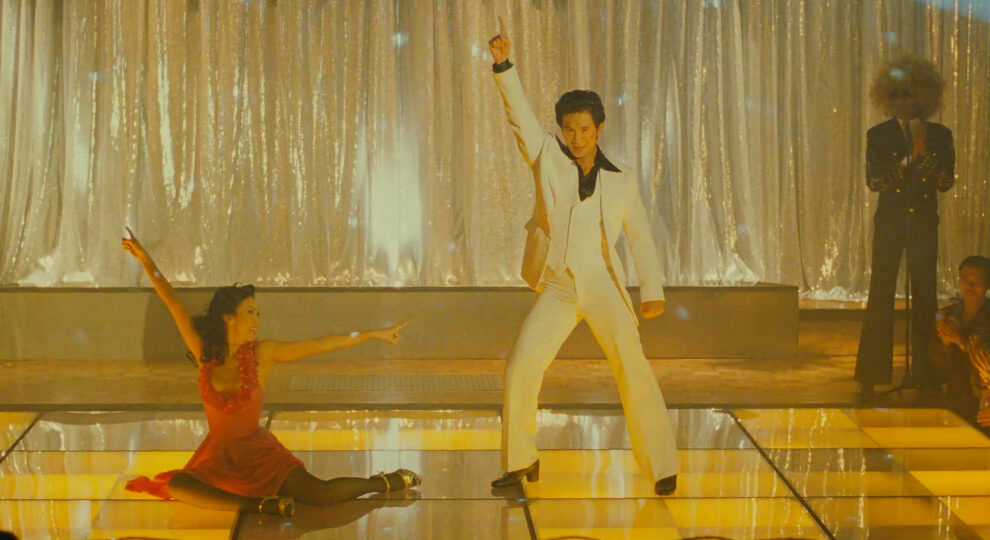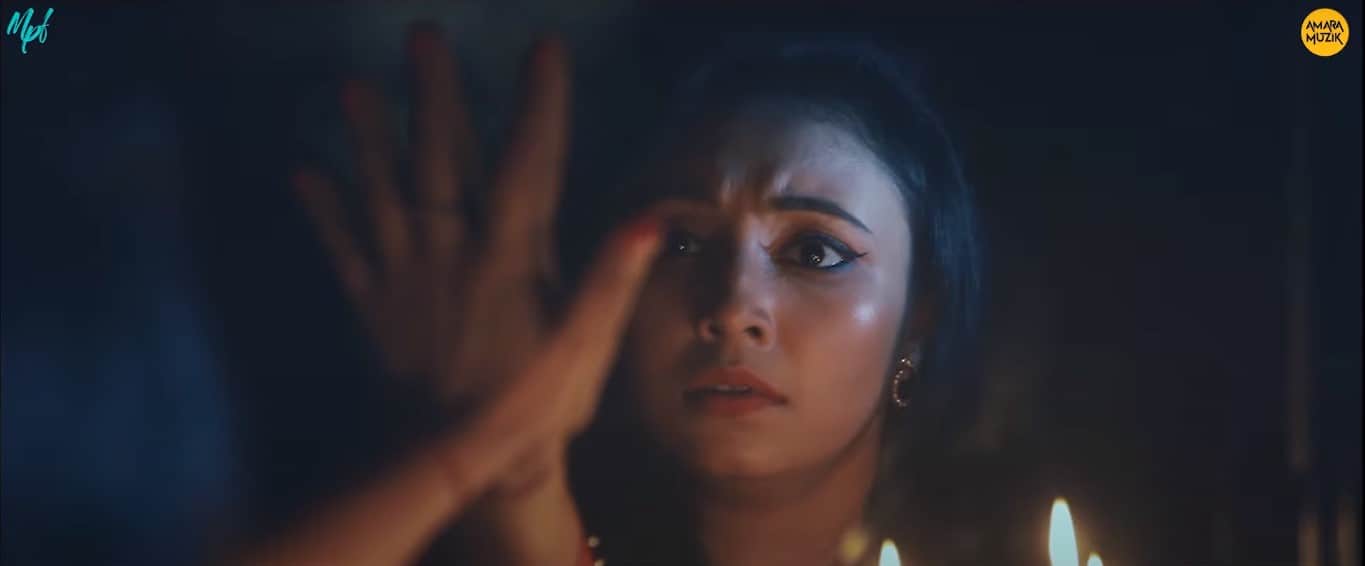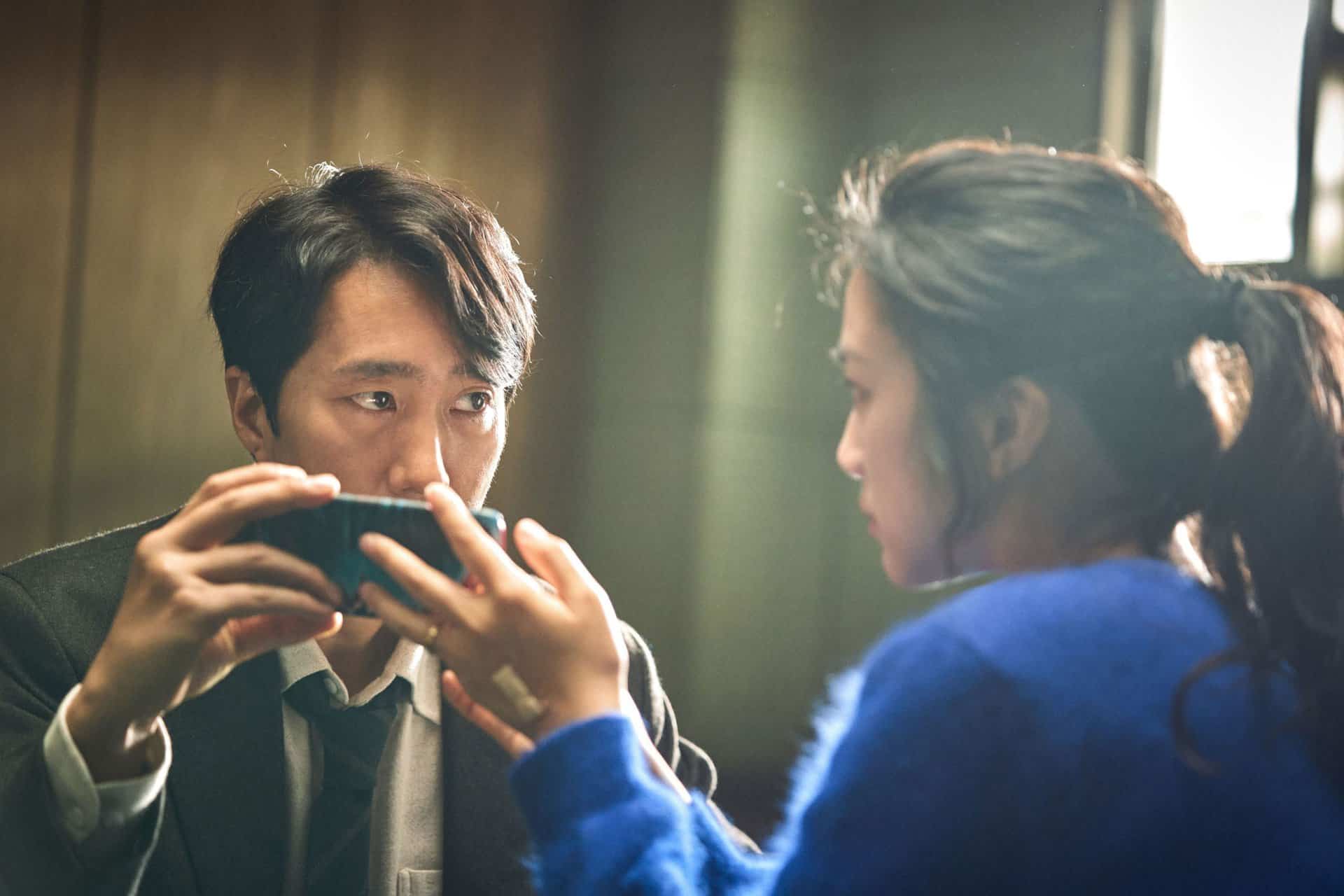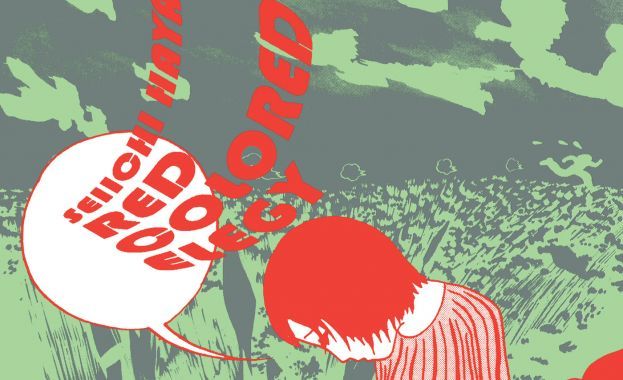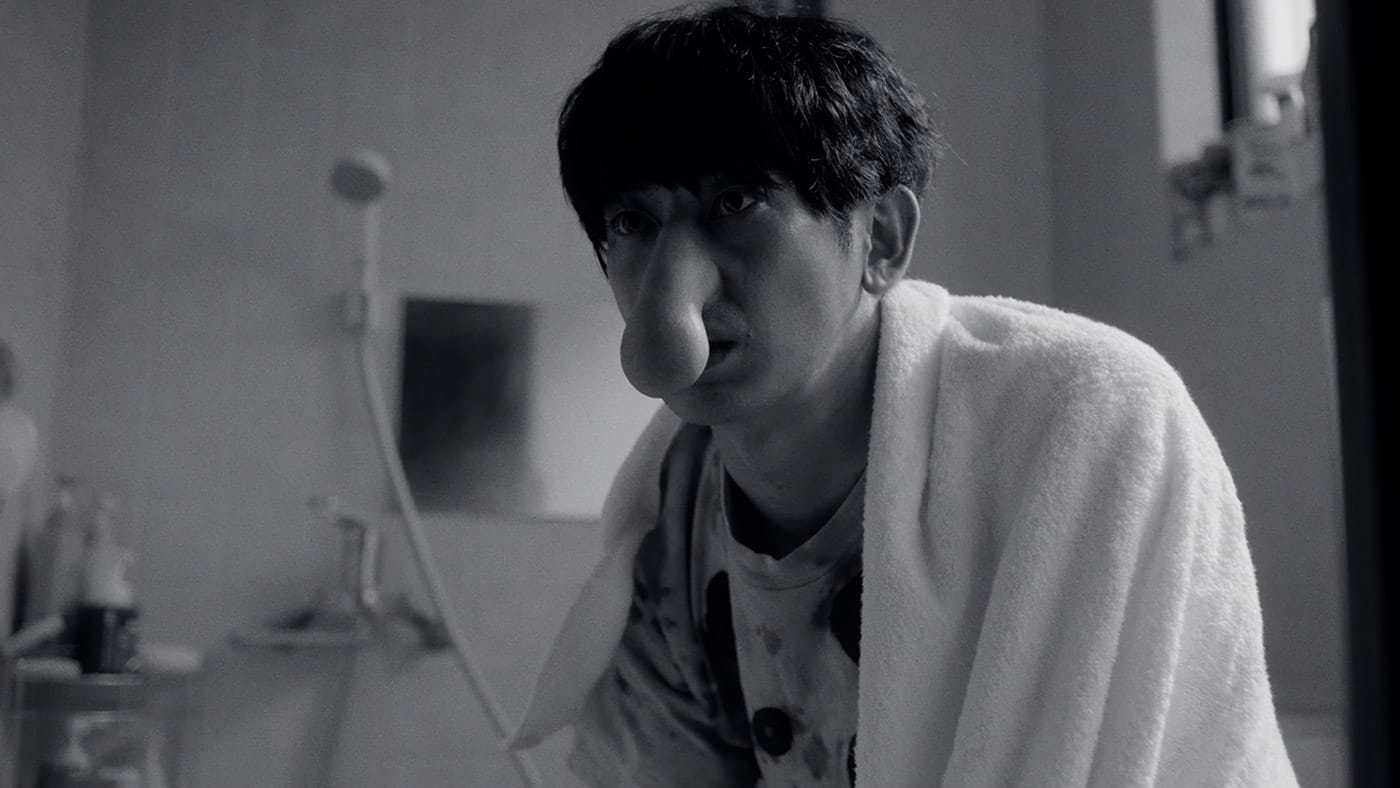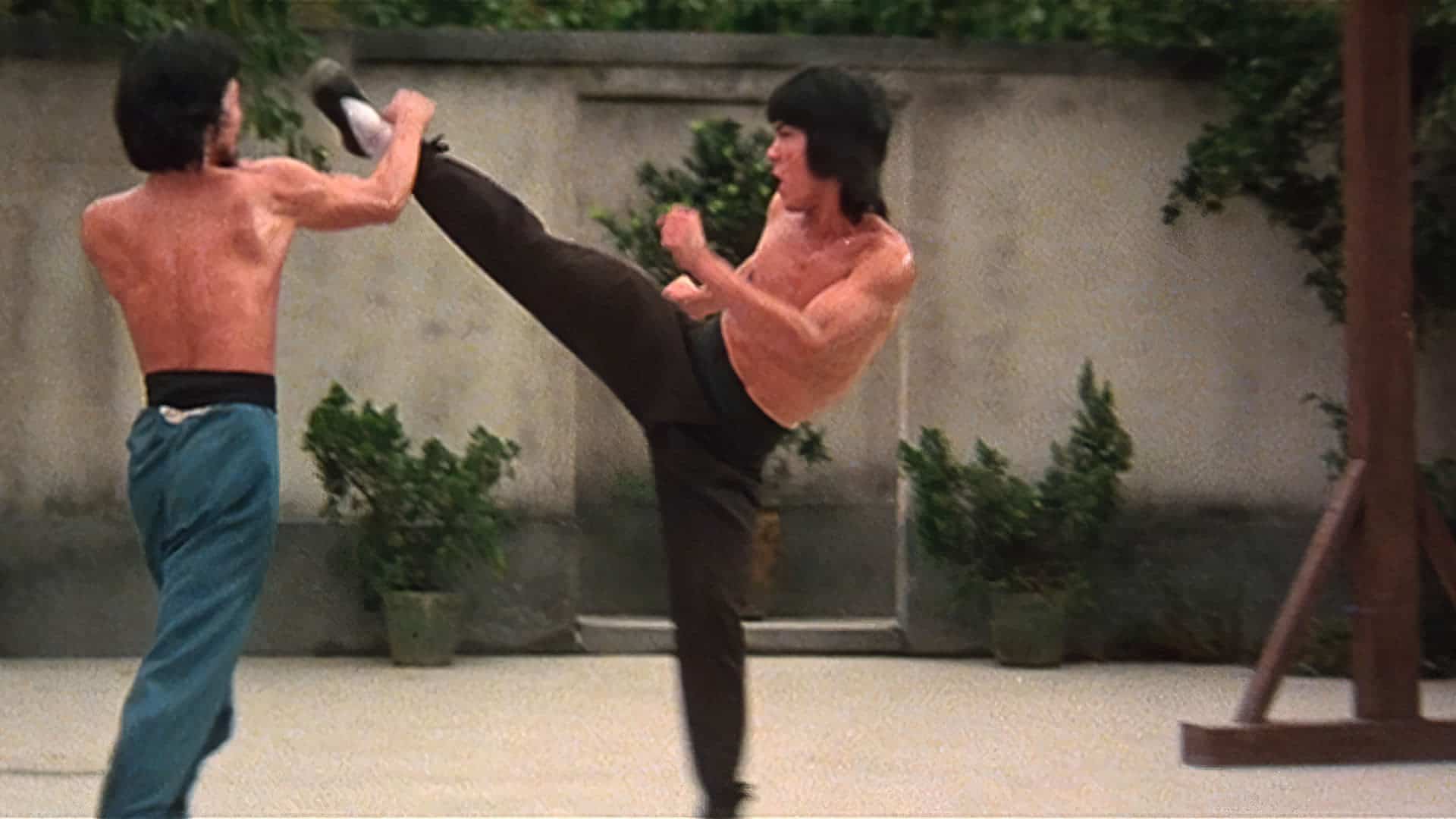The tributes to the Filipino and Singaporean cinema in Vesoul this year were definitely among the most interesting aspects of the programme, particularly because both included movies that aimed simply at entertaining their audience. “Forever Fever”, a homage/remake of “Saturday Night Fever”, is definitely one of those films.
“Forever Fever” screened at Vesoul International Film Festival of Asian Cinema
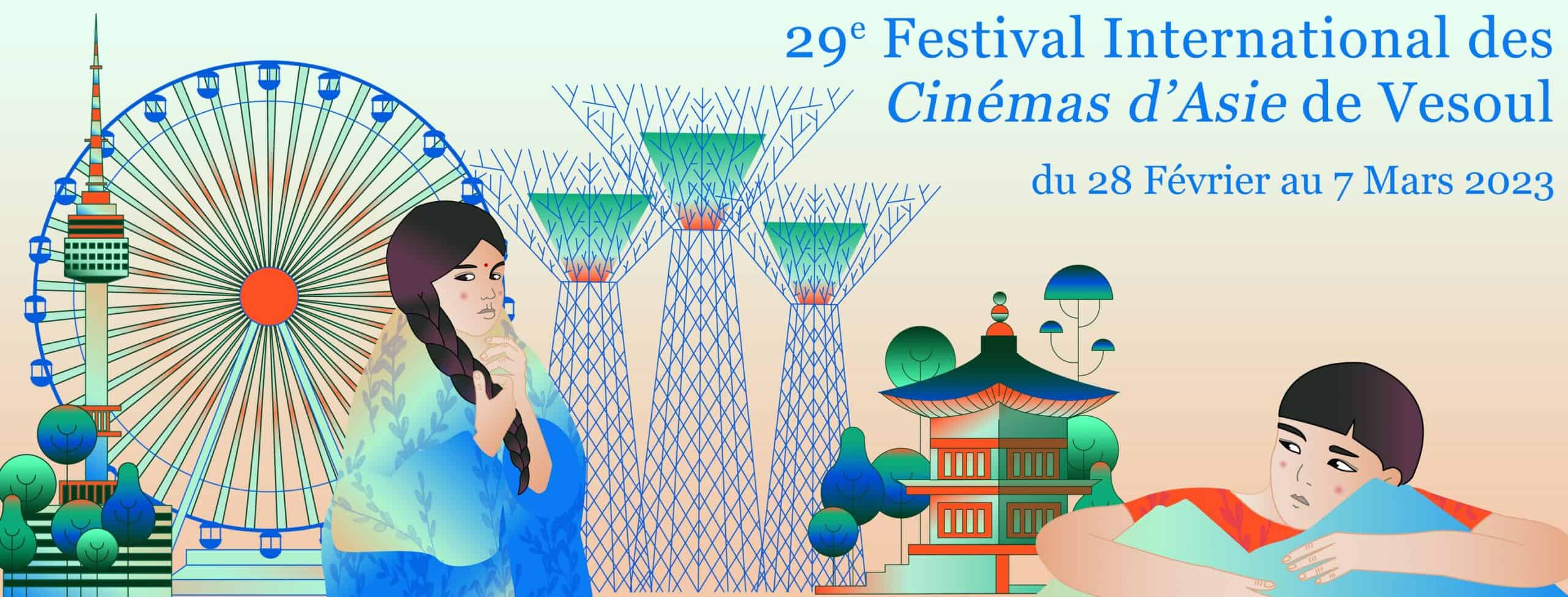
The story takes place in 1977 Singapore, when the fever of “Saturday Night Fever” is taking over the whole world. For Hock, a young clerk in a supermarket however, life is still just a burden, as he is not particularly fond of his job, while in his house he has to face his mother's whining, his father's criticism, and the constant comparison with his younger, perfect brother Leslie, who is studying to be a doctor. Furthermore, he is essentially ignorant of Mei's feelings about him, a young girl who works at the cafe he and his friends frequent. His only solace is his adopted younger sister, Mui, the only one who seems to understand him, and Bruce Lee.
After watching “Saturday Night Fever” however, Hock finds himself eager to take dance lessons and participate in a competition, wishing to use the money to buy the motorcycle he always dreamed of. At the same time, a guardian angel who looks suspiciously like John Travolta, starts advising him regarding his upcoming decisions and Hok soon finds himself training in a dance studio along Mei. The appearance of Richard and his girlfriend Julie, also dancers, complicates things, however, while a revelation about Leslie makes his family situation all the more complicated.
Check this list also
Glen Guei directs a delightful movie, filled with disco music, dancing, romance and comedy, which retains the entertainment it offers from the beginning to the end of its 95 minutes. The supermarket, the cramped apartment, the clubs, the cinema, the training hall, and essentially every setting the story takes place in are used in that fashion, as Brian J. Breheny's cinematography captures them in a way that is bound to bring a nostalgia for the 70s to anyone who watches the movie.
Guy Gross's music and the selection of known disco tracks, as much as their implementation within the narrative, adds even more to the general fun aesthetics here, with the same applying toJane Moran's editing, which results in a pace that seems to mirror the rhythm of the music.
Furthermore, Glen Guei was lucky to have a truly captivating protagonist cast as Hock, with Adrian Pang anchoring the film in the best way, equally in the moments he is frustrated, happy, dancing or fighting, with his maturing adding a coming-of-age elementing that rounds up a magnificent performance. In general, the acting is on a rather high level, with Medaline Tan as Mei being great as the neglected love interest while Pam Oei as Mui steals the show a number of times with her feistiness and overall optimist demeanor.
Also of note here and essentially one of the best traits of Glen Guei's direction and writing, is how he has managed to include moments of social drama and commentary inside all the fun and dancing. In that fashion, the comment about sexual identity focusing on Leslie are the main source of these aspects here, with Guei making a remark about the situation of LGBT in the country, while the whole situation of Hok and his friends highlight the difficulties the poor faced at the time in a Singapore that was not as rich as it is today. That music and cinema were essentially the only way out is another comment here, while the transition from comedy and drama is handled greatly in general. The sole action scene is also a treat to watch, being both dramatic in its beginning, and quite fun in its Bruce Lee-like ending
Moments that will make the (younger) audience laugh as watched from today's perspective are not missing from the movie, but in general, “Forever Fever” emerges as a rather entertaining motion picture that works excellently as a comedy and a homage to Travolta and “Saturday Night Fever” as much as a commentary on life in Singapore at the time.


